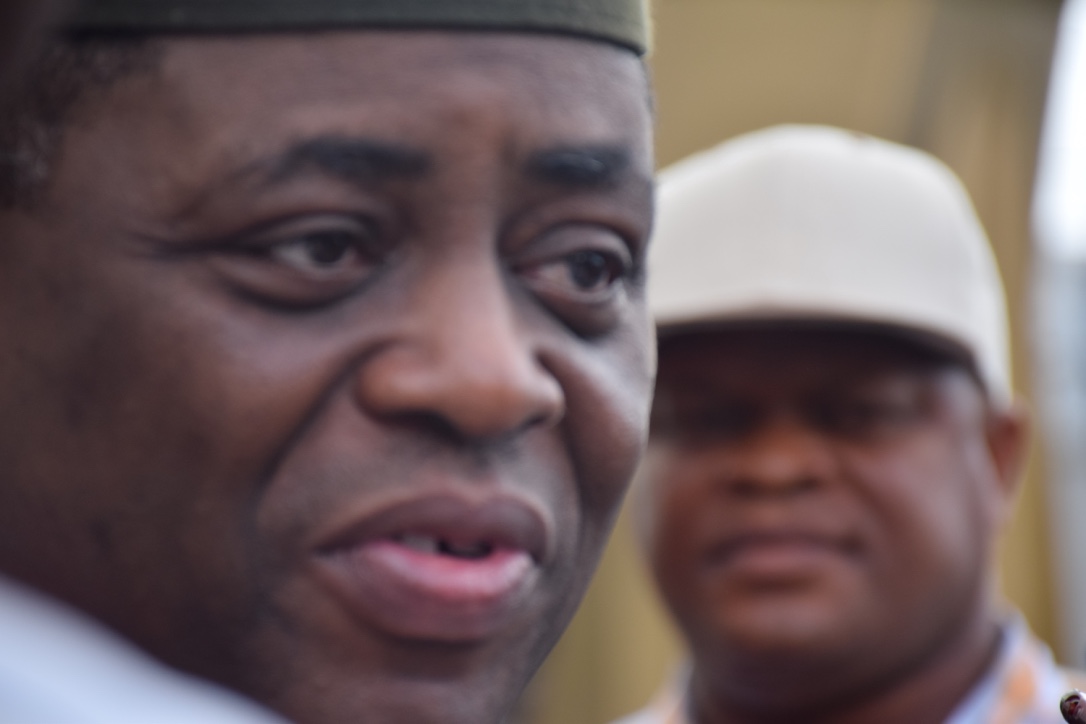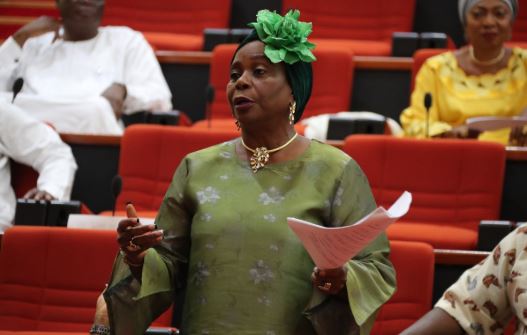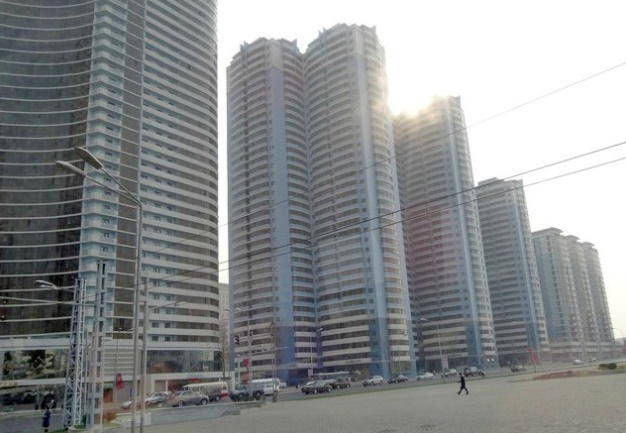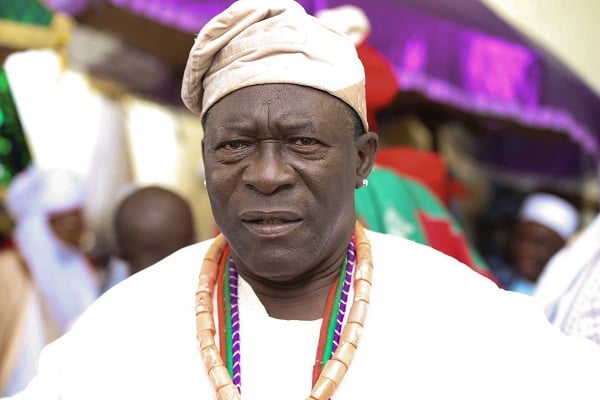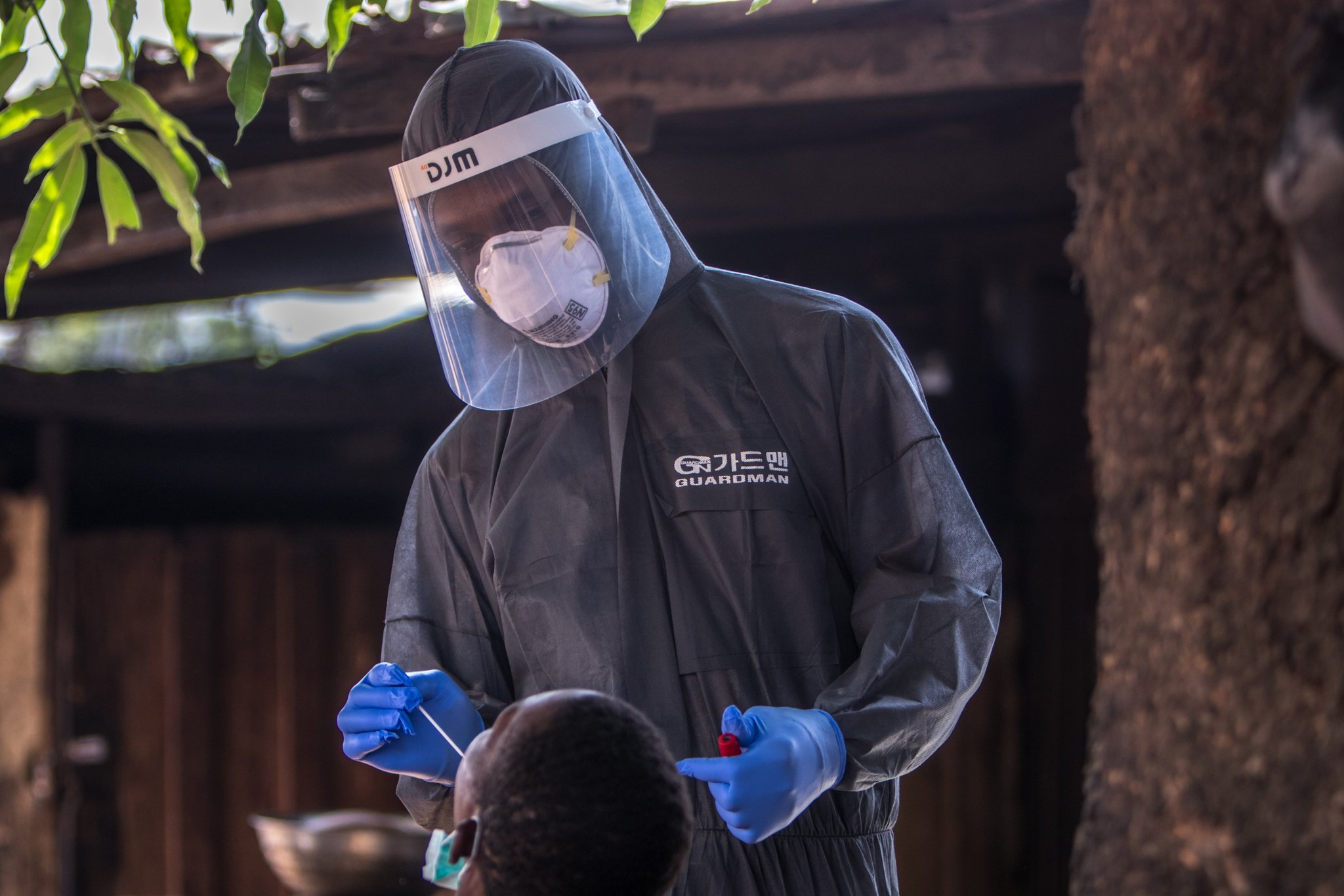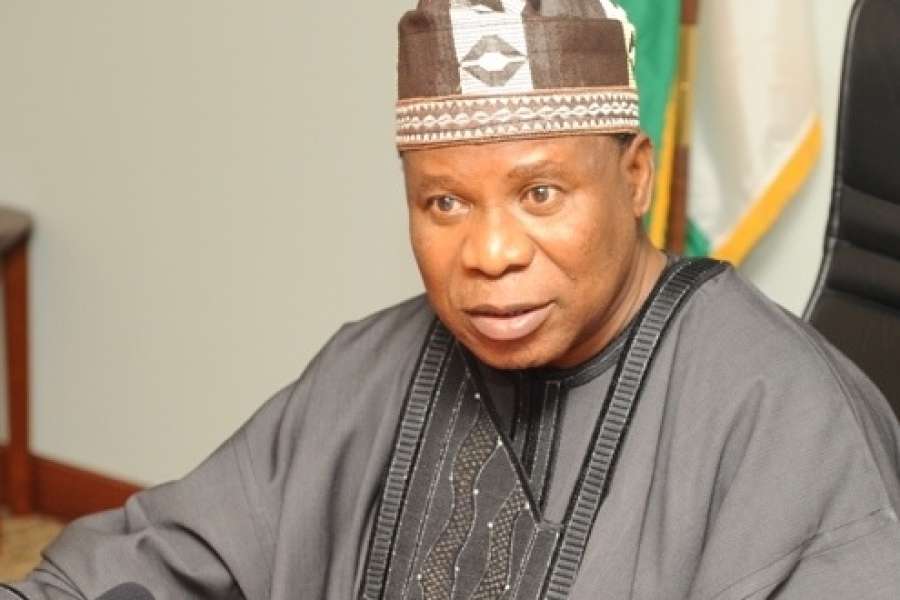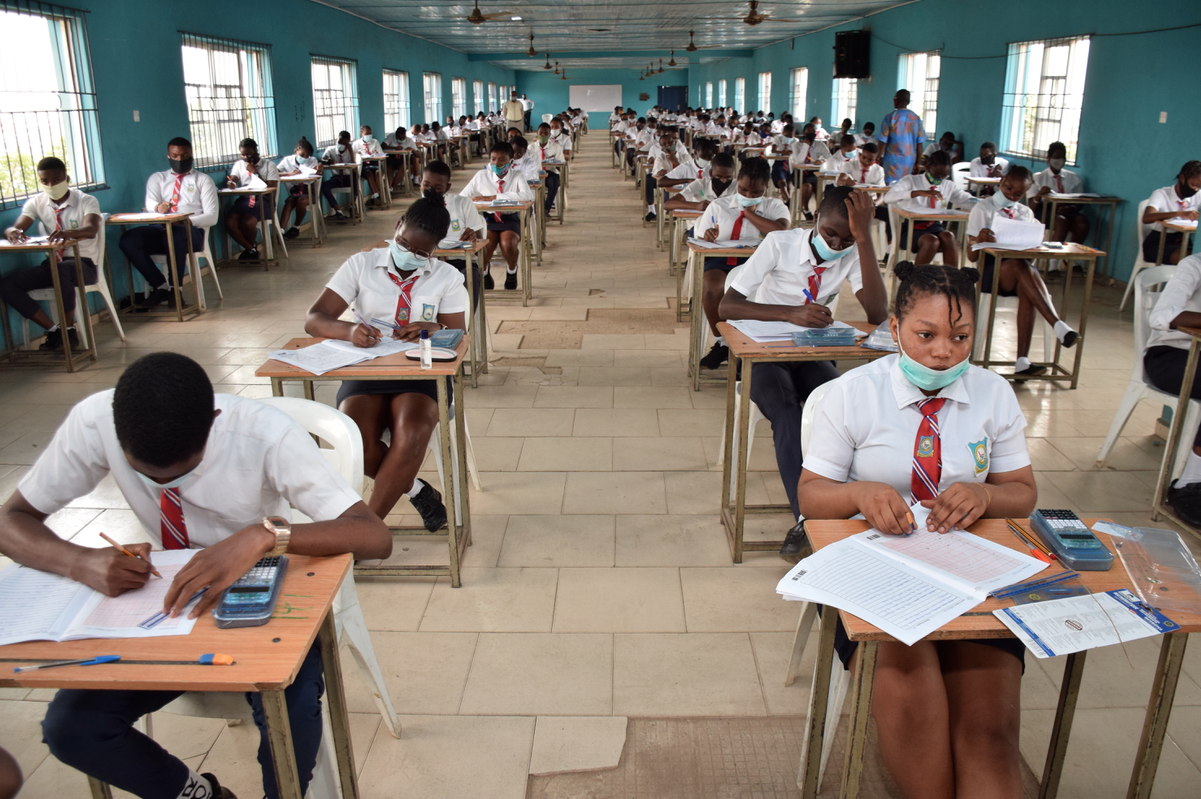“There can be no higher law in journalism than to tell the truth and shame the devil.”
– Walter Lippman
BY PAUL OBI
There have been a national uproar and brouhaha over the tirades and attack targeted at a Daily Trust Journalist, Mr Eyo Charles in Calabar, Cross River State by former Minister of Aviation and People’s Democratic Party (PDP) chieftain, Chief Femi Fani-Kayode. In several shades and layers of opinions, different views and conclusions have been drawn by the Nigerian public, including the response of the former minister, himself. But in all these postulations between the journalist and Mr Fani-Kayode, centred on who is wrong or right, lies the critical role of journalism in a democracy society. Or the dangers associated with lack of fearless journalism in our prevailing and dire circumstances.
Advertisement
And if we are to proceed from that prism, journalists’ right to probe public officials and inform the public is a necessary corollary of any free society worth its salt. At its best, the duties of journalists in interrogating, probing, investigating and mandating public officials and politicians to account are well within the permissible and protected constitutional rights of journalists as enshrined in Nigeria’s 1999 Constitution as amended. In Section 22 of the Nigerian 1999 Constitution, it is expressly stated that “the press, radio, television and other agencies of the mass media SHALL at ALL TIMES be FREE to uphold the fundamental objectives contained in this chapter and uphold responsibility and accountability of the government to the people.”
Across the world, and even in Nigeria – I should believe so, the journalist right to uphold ethos of accountability on the part of public officials and politicians alike remains unimpeachable rights. Instances where journalists’ rights could be abrogated include an intent to commit crime, criminal act, a tortuous wrong-doing and other salient acts not in tandem with national interest. In summation, the incident at the press conference with Fani-Kayode and the statement or question by the Daily Trust journalist do not fall within the purview that would warrant the rights of journalists to be obstructed, inhibited or denied even by a competent court of jurisdiction.
Further, is Mr Fani-Kayode a federal or state official at the moment? Is he an indigene of Cross River State? Is he the National Chairman of the PDP? Or is the former minister the PDP BOT Chairman? As a chieftain of the PDP, is the party aware of his tour of the state? It is only when the above questions are answered in the affirmative that any statement or question regarding who was sponsoring Fani-Kayode becomes nonsensical and out of touch.
Advertisement
As a private citizen, it’s the right of Fani-Kayode to tour Cross River State to monitor projects, governance and performance of the state under the leadership of his friend, Gov. Ben Ayade. But the public in the same breath also have the right to know what informed the tour. What’s Fani-Kayode’s interest? Are or would there be benefits in embarking on such tour? Did the former minister received any sponsorship from any individual or institution? Or was he bankrolled by any group to visit Cross River State? These are all critical and legitimate questions that any credible and strong-willed journalist will asked anytime, anywhere for overall public good. Thus, the Nigerian public cannot gather together to make a statement or ask Fani-Kayode the afore-mentioned questions. The journalist was constitutionally doing his job on behalf of the Nigerian people.
Conversely, Mr Fani-Kayode’s response to the public outcry over his attacks on the journalist has rather raised another poser and dimension to the issue. In his response, Fani-Kayode categorically stated that the journalist comment, “well, we do not know who is bankrolling you,” was “not a question but an assertion and insult,” leaves more to be desired. Few hours later, Mr Eyo of Daily Trust also issued his own response, stating that, his comment: “Sir, please you did not disclose to us who is bankrolling you,” was a question to get to know the news behind the news with regards to Fani-Kayode’s tour of Cross River State.
Whatever angle you want to look at the communication; be it linguistic, semantics or journalism studies, in interviewing and questioning, there are various skills and techniques a journalist can deploy to achieve his/her aim – get answers. What Fani-Kayode ought to understand is that it is not in all cases that a journalist ask direct question(s). He/she could allude to something, make categorical or passive statement(s) that the interviewee is expected to respond to without the type of vituperation he displayed at the press conference.
As Eyo adduced, for two weeks now, Fani-Kayode has been eulogising and singing praises for Gov. Ayade. The former minister did not only stopped there, on his Facebook page, he went on to threatened the PDP and party faithful in Cross River State that “it would be a big mistake for the National Working Commitee of the PDP to take the party structures in his state away from Ben Ayade, the Governor of Cross Rivers state, and hand them over to anyone else. If this is done and Ayaade leaves the party be rest assured that many of us will leave with him.You cannot and must not undermine a sitting Governor or attempt to humiliate him in his own state and before his people. Some of those that are advocating and behind this nonsense would never allow it to happen in their own states. A word is enough for the wise. No-one, no matter how big or powerful, should think that they own the PDP. If there is any attempt to undermine Ayaade it will spark off a crisis in the party that will split it right down the middle and the consequences will not be limited to Cross Rivers state.”
Advertisement
It was based on this statement issued by the former minister, that many Cross River indigenes became concerned about Fani-Kayode’s interest in the state’s politics and governance. First, he is not an indigene? What then informed this interest? From all indications, it was from those posers generated from discussions and social media platforms that Eyo Charles was compelled to ask that question. And he did that constitutionally and within the ambit of the law.
Instructively, Fani-Kayode’s attack on the innocent journalist was below his pay grade and cut deep on the poor knowledge of Nigerian political and metropolitan elites in the understanding of the role of journalism in a democratic setting. If the press conference was intended to project the ‘good’ image of the state chief executive, it has rather snowballed to a sad episode and bad press even with unintended consequences. This can only be reversed with a sincere apology from Fani-Kayode alongside rendering community service related to media and journalism profession.
More saddening is the fact that the insults, attack and disregard directed at Eyo, a credible journalist is a telling catastrophe of journalism practice and profession in Nigeria. Granted, the Nigerian Union of Journalists (NUJ), Daily Trust Management and other media enthusiasts have all issued statements condemning the attack on Eyo and journalism. There’s need to go beyond the peripheral demands for apologies from Fani-Kayode. It should also be an avenue for self-retrospection on how journalism is practice in Nigeria. From protection of journalists’ rights, welfare, education and training, there is an existential gap and threat that poses great danger to journalism profession. The NUJ, Nigerian Gild of Editors (NGE), Newspapers Proprietors Association of Nigeria (NPAN), the Nigerian Press Council (NPC) and Nigerian Broadcasting Commission (NBC) must rise up to reform the journalism profession in order not to postpone the evil day. Mr Fani-Kayode’s temerity, tirades, abuse and insults on a journalist, constitutionally empowered by law to hold the state and political class like the former minister accountable could not have risen if the profession is on top of its game. This is now the time to reform journalism profession or we all perished.
Obi is a journalist and political communication expert based in Abuja.
Advertisement
Views expressed by contributors are strictly personal and not of TheCable.
